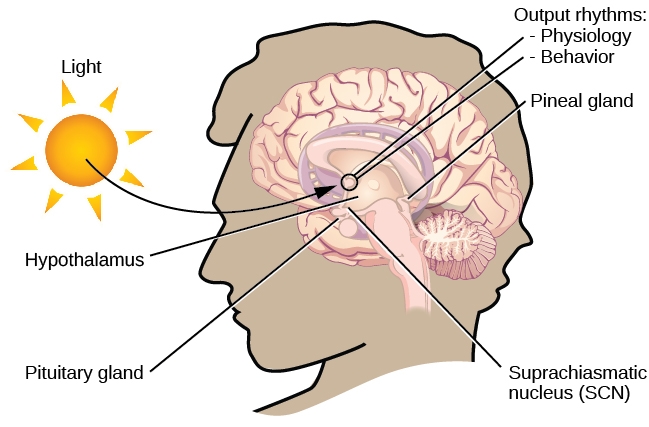Biorhythms And Brain Clock

Biorhythms and Brain Clocks are terms to describe a relationship between the rhythms of the brain and the daily fluctuations in the natural cycle of things such as the Moon, the sun, and even weather. The brain itself is a very complex device and when it is exposed to varying external environmental stresses, it becomes less efficient. This is one way our bodies to keep us safe from harmful environmental influences. But when the delicate balance between the natural rhythms of the body and the external stimuli is upset, we can suffer from many health problems. This is the reason why Biorhythms and Brain Clocks are so important to our health.
What is a Biorhythm?
Table of Contents
What is a Biorhythm? According to Wikipedia, “A biorhythm is a general and periodic phenomenon. It is a natural rhythm which helps regulate biological clock mechanisms within the human body”. A circadian rhythm keeps both biological and external environmental cues on track and helps facilitate regular and uninterrupted sleep, growth, metabolism, and development.
First Phase – Biorhythms And Brain Clock
The question is, how does the human circadian rhythm work? Simple question, but complex to answer. The circadian rhythm or the internal biological clock in the human body goes through various phases. It starts with the first phase, which is the ‘lights’ or the waking hours. As we all know, the period of light or the ‘daylight’ is around twenty-four hours long.
Second Phase
The second phase of the biorhythms and circadian rhythm is called the ‘nighttime’ or the ‘sleep’ stage. At this time, the human circadian rhythm relaxes and enters the ‘lights’ stage. It is during the night time that most of our activities and responsibilities are carried out. In fact, this is when we are most active and our mental and physical health is at its peak. During this time, most of our body’s systems are at their optimum levels. This can be said to be the peak performance and our bodies are constantly rejuvenated.
Third Phase
The third phase of the biorhythms and circadian rhythm is the ‘morning’ or the ‘afternoon’ time. The average daily metabolism slows down during this period. Since most of the vital functions of the human body are usually performed during the morning or after the afternoon, these slow metabolism rates contribute largely to the accumulation of toxins and thus hinder the body’s ability to function at its optimum level.
Fourth Phase
The fourth phase of the biorhythm cycle is the ‘siesta’ or the ‘recovering’ period. At this time, the body and the mind, especially the cognitive process are more relaxed, allowing for better concentration. During the siesta, there is a general slowing down in all physiological processes including the circadian rhythm. During this period, the brain is also more susceptible to distractions from external stimuli, which makes the daytime activities more difficult.
Fifth Phase
The fifth phase of the biorhythms and circadian rhythm is the ‘night’ or the ‘fast’ period. During the night, the metabolic rate slows down, allowing for a longer sleep. On the other hand, during the night, people are most active, allowing for a higher level of stress and tension, which further slows down the metabolic rate. During the night, it is important that the body take on the right amount of nutrients and oxygen.
The biorhythmms and circadian rhythm have an overall effect on the functioning of the body. Most of the human diseases and disorders have their roots in the circadian rhythm, as people have a tendency to be in their most active state during the day and sleep less at night. It is through the biorhythmms and circadian rhythms that the various cycles of the life span are established. As humans age, the circadian rhythm starts to slow down, resulting in problems for the individuals in terms of their health, emotional well being, as well as their efficiency in work.
>>> Read my review on The Biorhythm – Using this program, anyone can unlock the ability to predict their future

